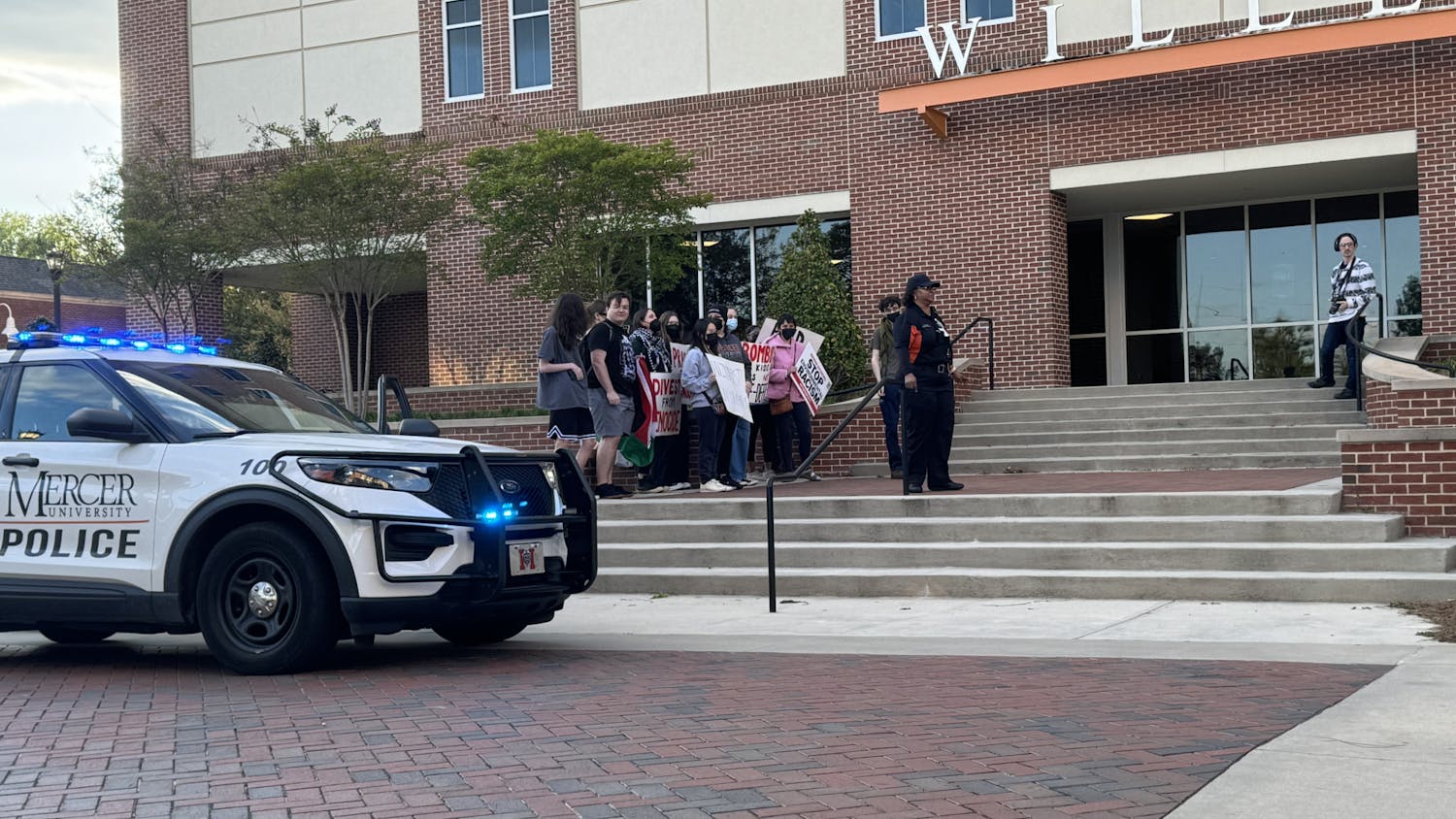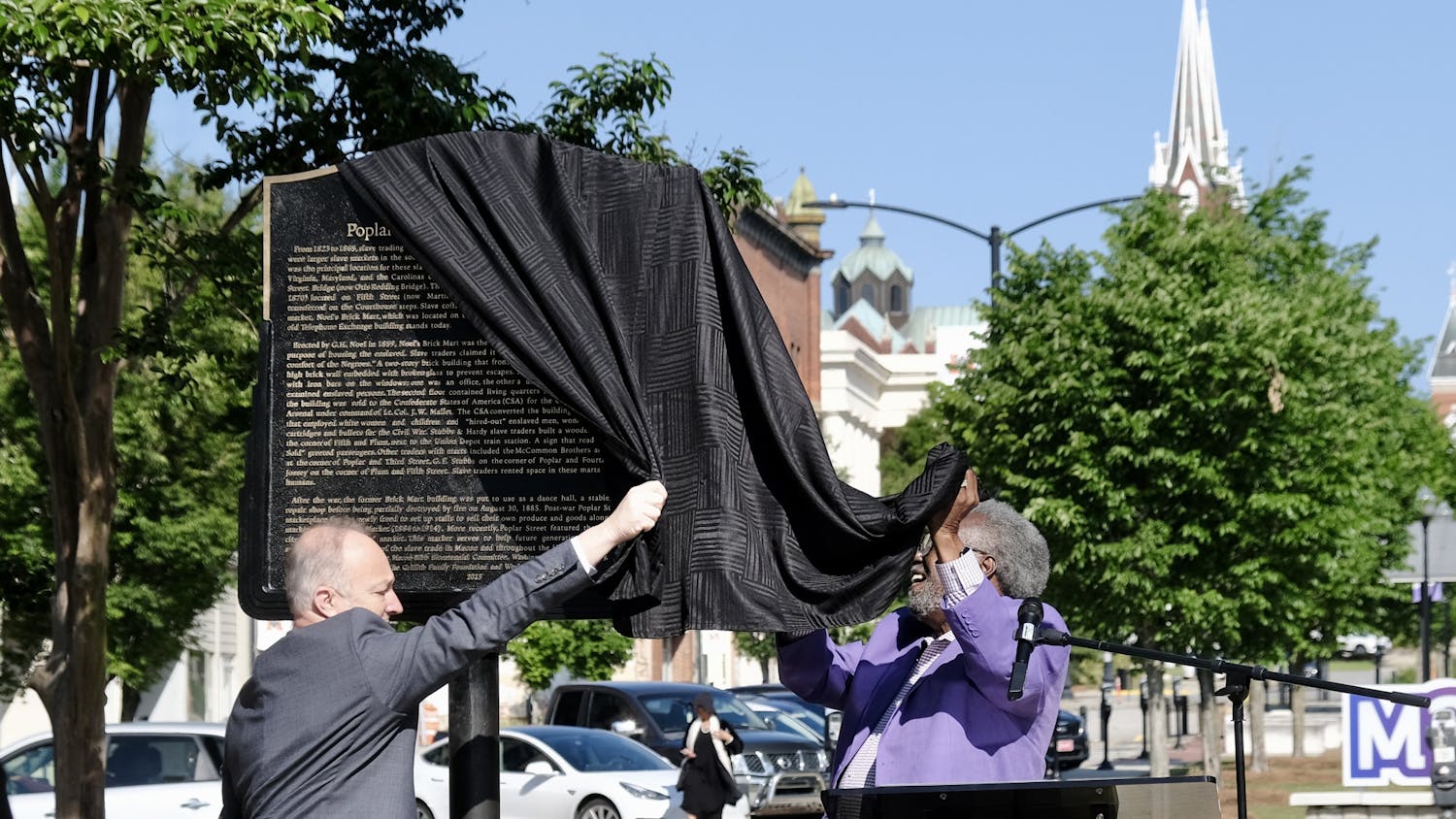At least six undergraduate students have been accepted to the 27th annual National Conference for Undergraduate Research (NCUR), forming what Honors Director John T. Scott believes to be the biggest contingent of Mercer students to attend in the history of Mercer’s participation in the conference.
The conference seeks students who are looking to make “an original intellectual or creative contribution to the discipline” through their undergraduate research. As a multidisciplinary conference, NCUR accepts original visual and performance art pieces in addition to the traditional research papers and posters. the conference has become one of the largest and most prestigious multidisciplinary conferences for undergraduate students.
According to Scott, four students from the Honors department and two students from outside the department have been accepted to present their research in the conference. “These folks are not the first group to go [to the NCUR],” Scott said, “but I think it’s safe to say that this is the largest contingent we’ve had going.”
According to Scott, Rebecca Cassady, Heather Williams, Kalie Frank, Aidan Kirkpatrick, Indie Coombs and Sarah Wibell will have the opportunity to attend the conference in La Crosse, Wis., on April 11-13.
One of Scott’s goals as the director of the Honors program has been to encourage more Honors students to showcase their research at off-campus presentations and conferences.
“A very small percentage of undergraduate students make any kind of presentation off campus at all, especially to something like NCUR,” Scott said. “One of the things I’ve discovered over the past two to three years is that for a lot of undergraduate students, the concept of making an off-campus presentation is completely alien.”
Senior classical studies major Aidan Kirkpatrick applied to the conference said that the NCUR “jumped out” at him while he was conducting independent research for scholarships and opportunities for presentations.
“It seemed to be a great way to pursue certain avenues of research that I’ll essentially be devoting my life to,” Kirkpatrick said.
“These are the kinds of presentations that put them [students] in better positions when applying for graduate schools.
Kirkpatrick explained that his research focuses on “the personal and political motivations behind the Roman poet Catullus’s decision to base his sixty-third poem on the ancient Anatolian goddess Cybelle.”
According to Kirkpatrick’s research, the poem describes the history of the cult of Cybelle, a kind of earth- mother goddess. He first became interested in the topic during a Latin course in which the class studied Roman love elegies.
Scott said that one of the draws of conferences like NCUR—aside from the academic prestige and notoriety that comes from the presentation itself—is the opportunity for students to collaborate with other students about their favorite topics.
“You’re going to learn,” Scott said. “You’re going to see what other folks are doing in your field of research.”
Kirkpatrick mentioned that he was looking forward to listening to other classical studies majors and gleaning some new perspectives during the presentations at the conference.
“This has really given me a new focus for my senior year—an avenue that will take me along the lines of what I really want to do with my life before I jump into my real passion, which is archaeology,” Kirkpatrick said.




